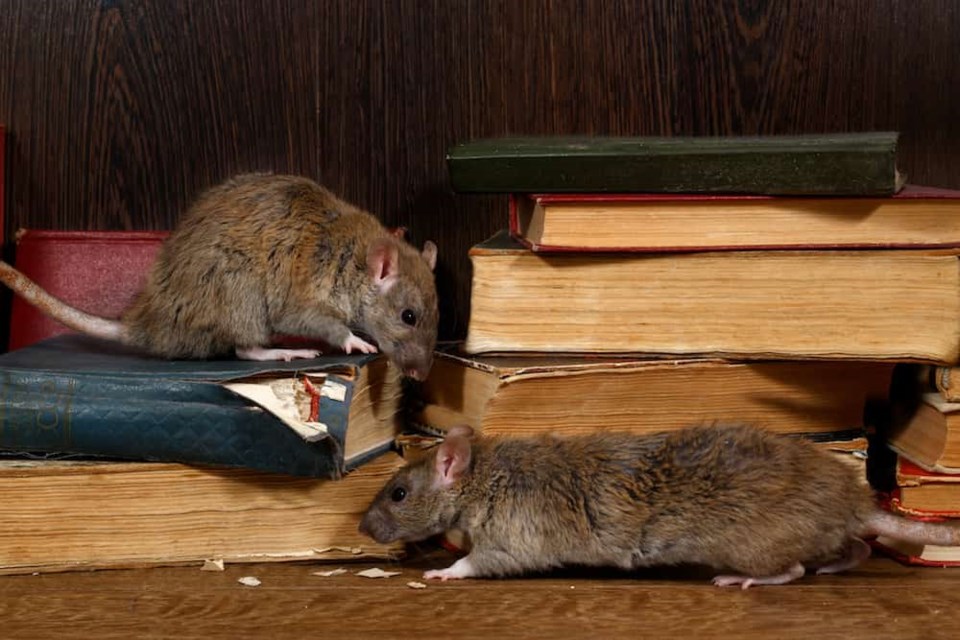Depending on where you live in Vancouver, you might start to see an uptick of rats in your neighbourhood in the coming days and weeks.
Rats are creatures of habit, and if they have a constant food source, they'll typically stay put. However, thousands of restaurants and businesses have shut down due to the COVID-19 pandemic, which means that many of these rodents are looking for new places to dine - and that might mean that they'll move into residential areas.
Vancouver Is Awesome spoke to Mike Londry, President of Westside Pest Control, about the change in rat behaviour, as well as well as how COVID-19 has affected the way his business operates.
"This is typically the time of year where we'll start to see more rats outside," explains Londry. "There hasn't been an alarming number of rat and mouse calls but there's going to be a massive disruption."
Londry says that when you take away a rat's food source, which could be anything from a restaurant to a garbage can in Stanley Park, the animal will relocate to find a new one. He adds that this isn't always pretty, as rats are extremely territorial. If a family of rats has been living at a given residence for a long time, they won't take kindly to new arrivals.
"Rodents are very cannibalistic and very territorial. They'll kill each other over a food source," notes Londry.
Rats will eat each other when desperate for food, and Londry says that technicians have checked traps and discovered that another rat has devoured most of the animal in it. With this in mind, he notes that rodent behaviour will change due to the pandemic, and that there could be a significant migration of rats in Vancouver. For example, he says Stanley Park rats could migrate into the West End.
As a result, Londy says it is important for people to call pest control if they suspect they have a rodent issue. Rats can carry over 50 different viruses, and they can make people extremely sick. Westside Pest Control technicians are taking extra precautions due to COVID-19, and wear a full face respirator, gloves, booties, and sometimes a full protective suit. For people who are high-risk, technicians will investigate the property from the outside to locate the rodent's entrance, which enables them to do as little work inside as possible.



